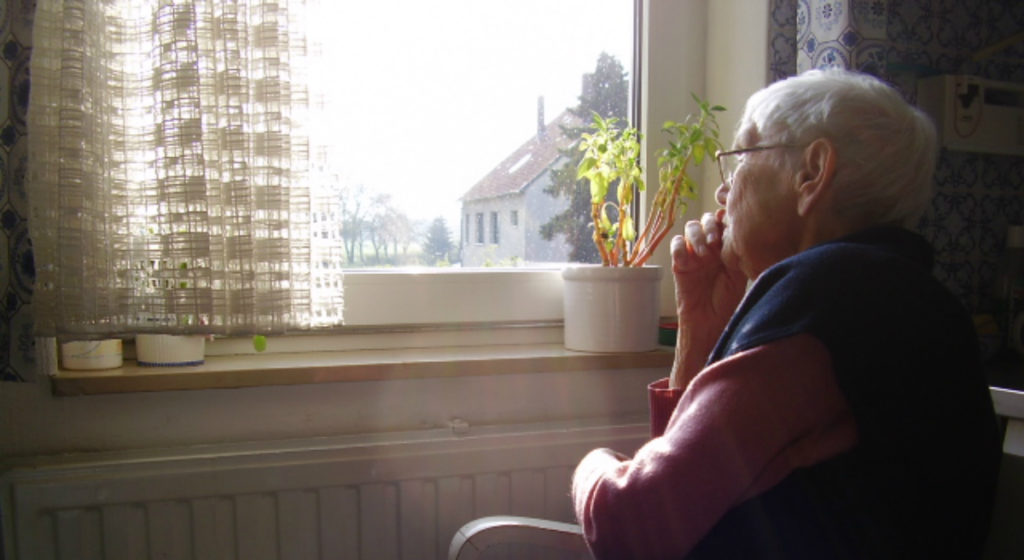Loneliness Makes You Older
The majority of us have been affected by loneliness at one point or another – and while it was probably only a temporary loneliness, you probably remember how you felt at the time. You craved interaction with friends after moving to a new area, losing your loved one, going through a breakup or even after spending a week in bed with the flu. It’s terrible – the feeling that loneliness makes you older.
Our brains have evolved to depend on our social interactions, we have a drive to be around others and as social creatures, it turns out that being lonely could be affecting our aging process. It can have an impact on your overall wellbeing.
We’re facing an epidemic of loneliness and millions of people are suffering – it’s something that crosses the lines of gender, race, and even age, although our elderly community has it the worst.
Loneliness is More Than a Feeling
We may not be able to quantify what loneliness really is because it’s subjective, but what we do know is that it is much more than just a feeling. It is just as harmful as smoking and may be even more harmful than obesity.
According to a study from the American Medical Association, lonely people were at greater risk of those who were not lonely. The study followed 45,000 participants for four years. All of them had existing heart problems or the risk factors for heart disease. Of those participants over 4,000 of deaths, as well as almost 3,000 deaths due to cardiovascular issues. Of those, loneliness was a factor.
Additionally, researchers found that there were adverse conditions to loneliness. Lonely seniors over 60 were found to have experienced more decline functionally, including bathing, dressing, walking, and taking the stairs.
Lonely seniors are also more likely to develop a variety of medical conditions, such as heart problems, diabetes, and hypertension. Seniors who are isolated are almost 30% more likely develop depression and more likely to die early.
Premature Aging Effects of Loneliness
A 2010 study from the University of Chicago found that in people over 50, loneliness causes a significant increase in blood pressure. The risk rises with age, but a 30 point increase in blood pressure is not something that should be ignored.
While we typically fight high blood pressure with weight loss and exercise our social life, or lack thereof, could be defeating the purpose. In truth, as fit as you are and as well as you eat, you are just as at risk of high blood pressure as your friends who do none of those things but seek out human interaction wherever possible.
Additionally, loneliness impacts your immune system. A joint study from the University of Chicago and the University of California, Davis have found that loneliness actually leads to abnormalities in the white blood cells, monocytes, crucial for fighting infection. Being isolated socially leaves these cells immature, so instead of fighting infections, these white blood cells reduce your immunity.
Loneliness Can Be Managed
The physical act of aging is enough for people to cope with, but we must think about our emotional aging as well as the physical side of things. A lot needs to be done to support our aging communities, but it’s important to start building meaningful friendships earlier in life.
We are so caught up in our careers that the majority of our socializations revolve around the workplace. So, when retirement comes calling we don’t have a support network to rely on. If this describes you, make moves now to make friends outside of your workplace. Whether you join a community class, start volunteering or find a religious group to connect with – it’s all about making friends with people who share your interests and values and making time for them.
If this is applicable to an elderly relative you can help them get out there and make friends. Most importantly, it’s up to you to make time to visit them regularly. If you can’t make it in person you should be making every effort to have video chats or phone calls to ensure they are getting some human interaction on a daily basis.
